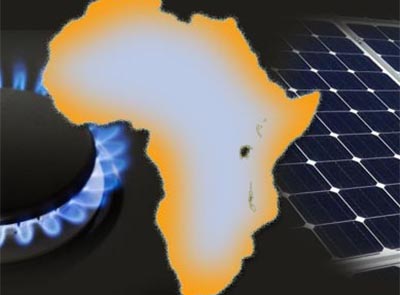Eskom’s announcement in July 2016 that it would not sign any independent power producers onto the South African power grid threw a booming renewables sector into disarray.
This is according to JCRA, a financial risk consultancy, which has released a paper in partnership with the Centre for Economic and Business Research (Cebr) looking at the Eskom dilemma and its cost to the South African economy.
According to the paper, by claiming that solar photovoltaic and wind-generated power were too expensive and refusing to sign power producer agreements, the electricity provider effectively crippled the momentum of an industry that generated high foreign investment and put South Africa at the forefront of renewable energy uptake.
JCRA director Lionel Kruger comments: “South Africa has favourable solar and wind resources, with few land constraints, and as the per-unit costs of various renewable energy types continue to fall, Eskom’s choice to delay the uptake of renewable energy makes little economic sense.
“The firm’s statement that they “…remain committed to renewables at a pace and cost the country can afford” seems at odds with its patent lack of commitment to such projects, stalling renewable uptake as these sources become ever cheaper compared to non-renewables.”
Investment in infrastructure returns large benefits, the paper states. In the UK, Cebr has found that every £1 spent on infrastructure boosts GDP by £1.30 given various multiplier effects to boost economic activity through key supply chains such as construction and manufacturing. The cost of cancelling or delaying infrastructure projects also comes at a considerable cost.
Cebr estimates that the postponement of infrastructure investment leads to further negative knock-on effects and will discourage investment. In the UK, it is calculated that a one-month transport infrastructural delay translates to around £2-billion worth of lost investment-related GDP over the following five years.
In South Africa, the Renewable Energy Independent Power Producer Procurement Programme (REIPPPP) attracted R196-billion of investment from 2011 to 2016 and aimed to attract another R550-billion by 2020. Subject to the same multiplier observed in the UK, these investments until 2020 would return around £715-billion in South Africa, however this will be significantly reduced if progress is delayed.
The tide seems to have turned against the energy provider, with President Jacob Zuma reconfirming the government’s support for the REIPPPP in his State of the Nation speech in January. The Department of Energy has announced that on April 11, Eskom will begin signing off on REIPPPP round four – affecting up to 27 stalled projects.
Despite this news, the reason for the standoff is a concern, says Kruger. “By controlling the means by which new suppliers can enter, Eskom is essentially in control of the market in which it operates.
“If their targets are ever at odds with policy planners, then more deadlocks in the future seem highly likely.”

